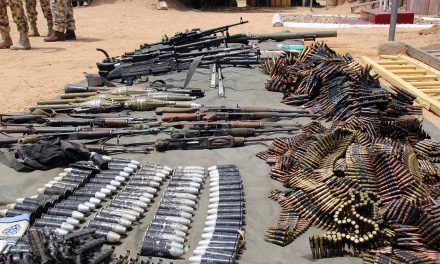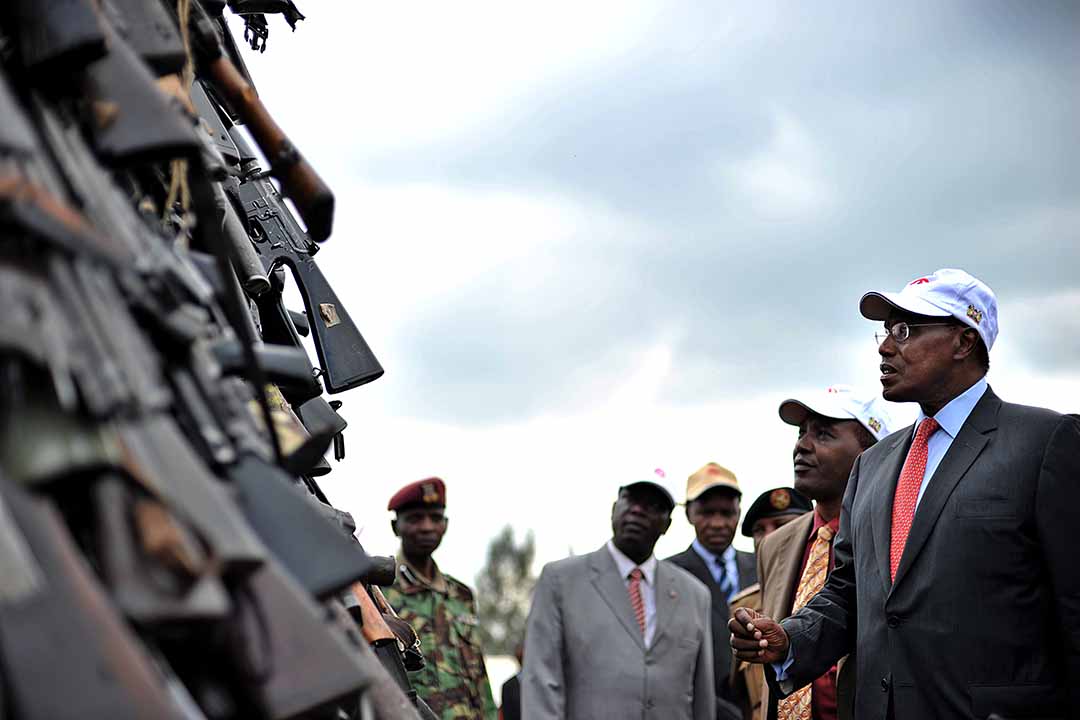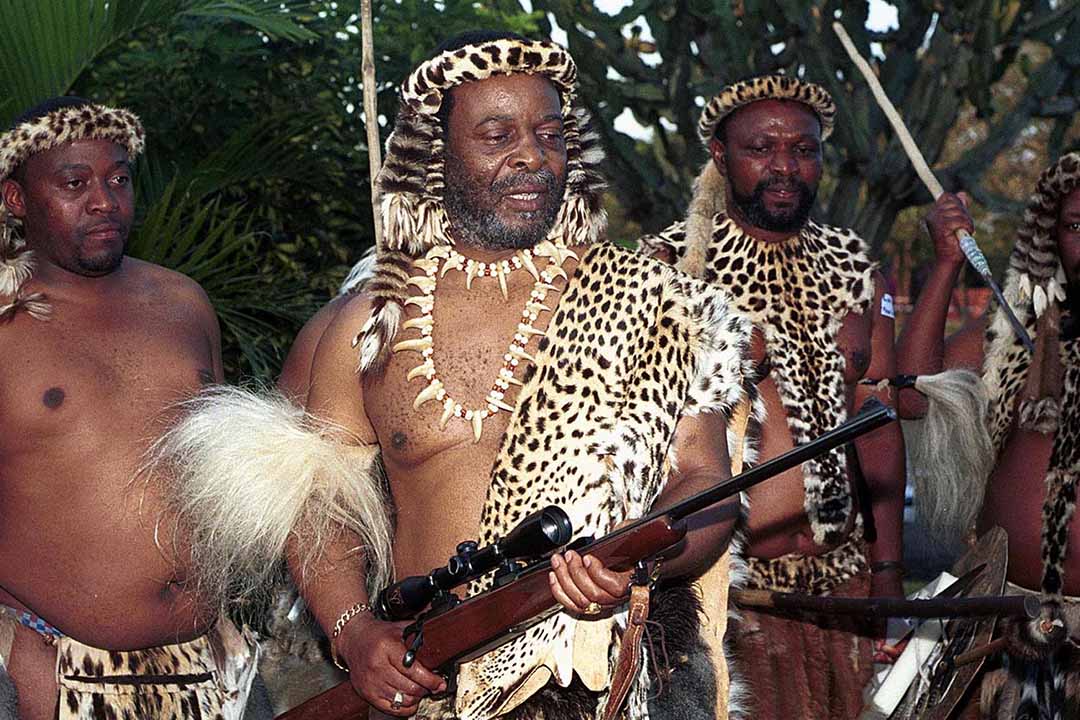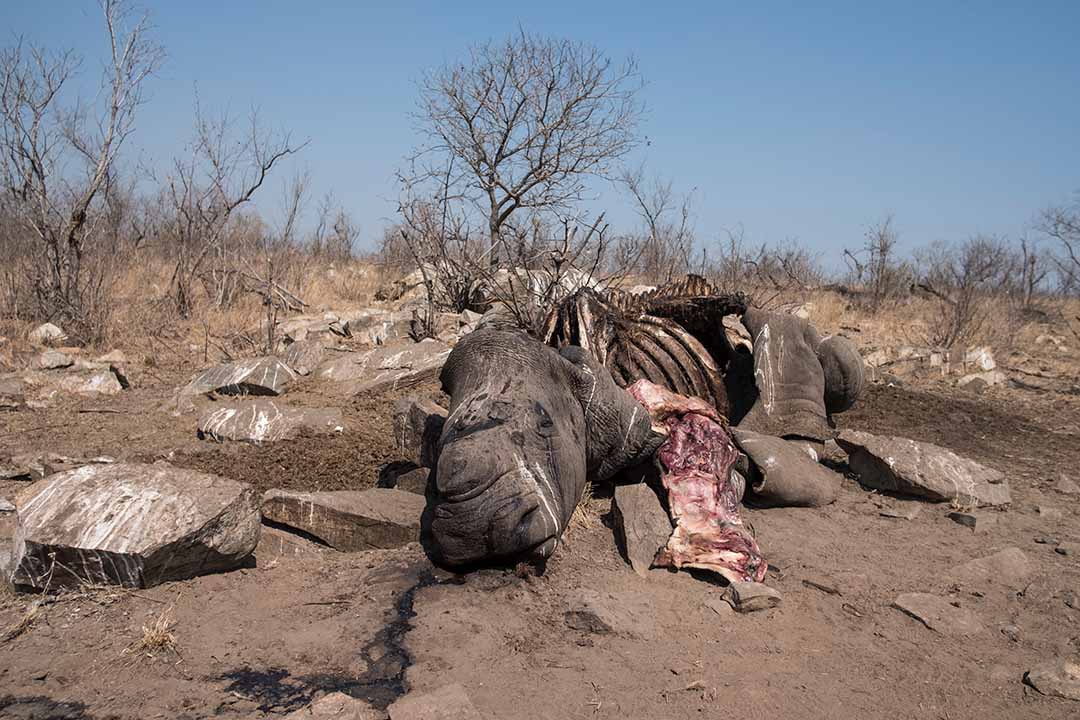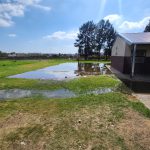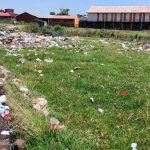 Africa has lost much to conflict since the end of the Cold War. The result has been broken economies, the destruction of infrastructure, untold deaths and millions of displaced citizens.
Africa has lost much to conflict since the end of the Cold War. The result has been broken economies, the destruction of infrastructure, untold deaths and millions of displaced citizens.
The social toll has included poverty and the destruction of education and health systems. Conflict has created opportunities for political instability, manifested in authoritarian regimes at best and dictatorships at worst, rampant corruption and the violation of human rights.
At the heart of all of this has been, and remains, the arms trade, both legal and illicit. Although by no means the only supplier, Russia remains the biggest purveyor of arms to
Africa, supplying about 40% of the continent’s weaponry.
In fact, the Avtomat Kalashnikova, more commonly known as the AK-47 assault rifle, is so emblematic of Russia’s role in the proxy wars fought on African soil during the Cold War that it remains on Mozambique’s flag to this day.
Russia is a popular supplier, its critics say, because it appears wholly unconcerned with where, and with whom, its weapons turn up.
The UN-brokered Arms Trade Treaty (ATT) is a legally binding multilateral instrument to regulate the $100 billion-a-year international trade in conventional arms, both legal and illicit, with the aim of preventing human suffering by contributing to international and regional peace, security and stability.
The problem for Africa is that Russia is not a signatory to that agreement, and nor are 14 African states, including particularly unstable ones such as South Sudan and Somalia.
To make matters worse, Africa remains a lucrative market for the arms trade, as rentier states and their beneficiaries, and authoritarian regimes, secure their positions. The African small arms market alone is estimated to be worth $1 billion a year.
The picture gets even bleaker. Arms brokers exploit weak governance and dysfunctional state institutions, driving an illicit market in arms that cannot be quantified, which is compounded by legally obtained weaponry diverted to the black market.
Libya is perhaps the most extreme example of how these types of arms start off their lives as conventionally traded weaponry that falls into the wrong hands, but it is by no means the only one.
In the words of Ambassador Smail Chergui, the African Union Commissioner for Peace and Security, peace and security are the biggest challenges facing the continent and we simply cannot afford increased militarisation.
So the sight of African leaders licking their chops at the armoury on display at the Russia- Africa Summit in Sochi in October 2019 was disquieting – even before it was announced at the gathering that Russia now has defence orders worth $14 billion from African countries, or that Russia had agreed “military technical co-operation agreements” with more than 30 African states to supply weapons.
The articles in this issue of AIF begin with an overview of the AU’s Silencing of the Guns by 2020 project and looks at the reasons why it will not meet its target – lack of focus and resources.
Several articles offer different perspectives on how and why the proliferation of small arms and light weapons continues to stand in the way of Africa’s peace and development, detailing several regional and national examples, including Kenya, the Democratic Republic of Congo (DRC), Cameroon and South Africa.
This issue also examines the recent spread of cyber warfare, which several countries have used to act against dissidents in particular. We also examine the African contribution to a world free of nuclear weapons, as well as the role international arms brokers play in fuelling conflict and instability on the continent, often in collusion with African governments themselves. A series of three articles also looks at small arms, crime and youth in Nairobi from different perspectives.
The closing articles cover the rise of private arms companies in South Africa as a result of the failures of state-owned manufacturer Denel, Evelyn Groenink’s 30-year journey as a investigative journalist uncovering the reasons behind the assassination of anti-apartheid activists Dulcie September, Chris Hani and Anton Lubowski, and there’s a detailed look at the way conflict in the DRC is driving small arms sales.
While we understand that a distinction must be made between the legal, and necessary, sale of arms, the continued militarisation of Africa can only contribute to the instability standing in the way of the continent becoming a global powerhouse of the future as envisaged in Agenda 2063.
After all, how can we expect to silence the guns when we keep buying them?
Lloyd Coutts has an extensive background in journalism and media spanning 40 years. He holds a Bachelor of Journalism and Media Studies (Hons) from the University of the Witwatersrand and has worked as a reporter, sub-editor, news editor, assistant editor and acting editor for publications such as Business Day, The Star, Business Report and Sunday World. Lloyd also has experience in wire services, notably the German Press Agency (dpa), and radio (Network Radio News and Classic FM). He also worked in television news at eNCA.


